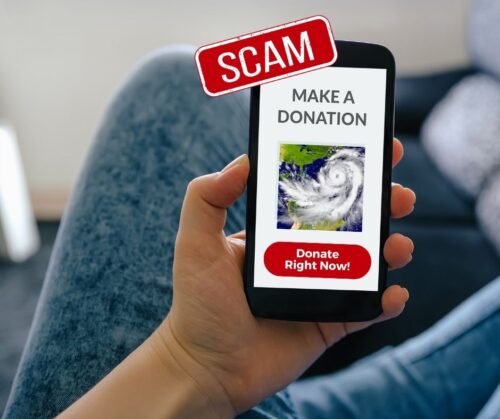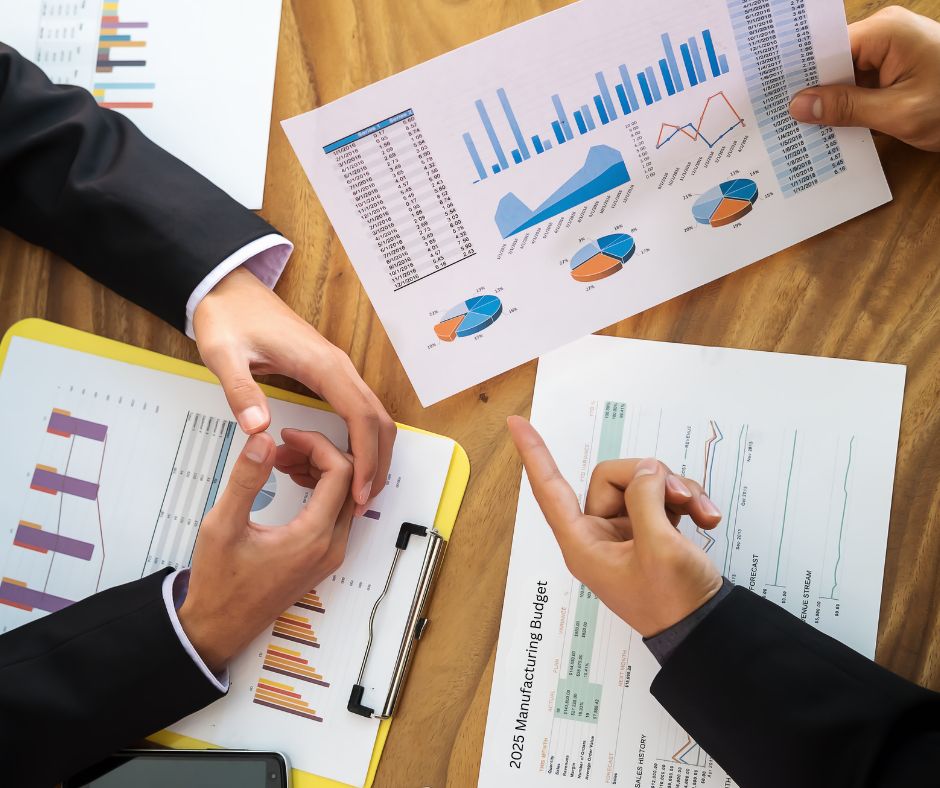Following natural disasters like Hurricanes Milton and Helene, many feel compelled to help those affected by donating to charities. Unfortunately, scammers often exploit this generosity by creating fraudulent organizations. The IRS has issued warnings about these scams, which aim to steal both donations and sensitive personal information from unsuspecting donors. 
Scammers Prey on Generosity
IRS Commissioner Danny Werfel warns of the risks: “Many people want to help survivors and their families by donating to charities. Unfortunately, criminals often exploit this kindness by stealing money and personal information.” These scammers create a sense of urgency, pressuring people to donate quickly without verifying the legitimacy of the charity.
Common Tactics of Fake Charities
Fraudsters frequently set up fake charities, claiming to provide disaster relief. They may create professional-looking websites and social media profiles or send out mass emails asking for donations, often emphasizing the immediate need for help. Some scammers also request personal information like Social Security numbers or banking details, increasing the risk of identity theft.
How to Protect Yourself
The IRS advises careful research before making any donations. Verify that the charity is registered with the IRS, and check its reputation on trusted platforms such as Charity Navigator or GuideStar. It’s always safer to donate directly through official charity websites rather than via links from unsolicited emails or social media posts.
Important Reminders
Legitimate charities will never ask for sensitive personal information when accepting donations. If a charity makes such requests, it should raise a red flag. Donating to help disaster survivors is a generous act, but it’s important to stay vigilant. As Werfel emphasizes, “You should never feel pressured by solicitors to give immediately. Always take the time to verify the charity first.”
In times of crisis, it’s crucial to ensure your donations benefit those in need and not scammers. By staying informed and cautious, you can make a real difference while protecting yourself from fraud.






